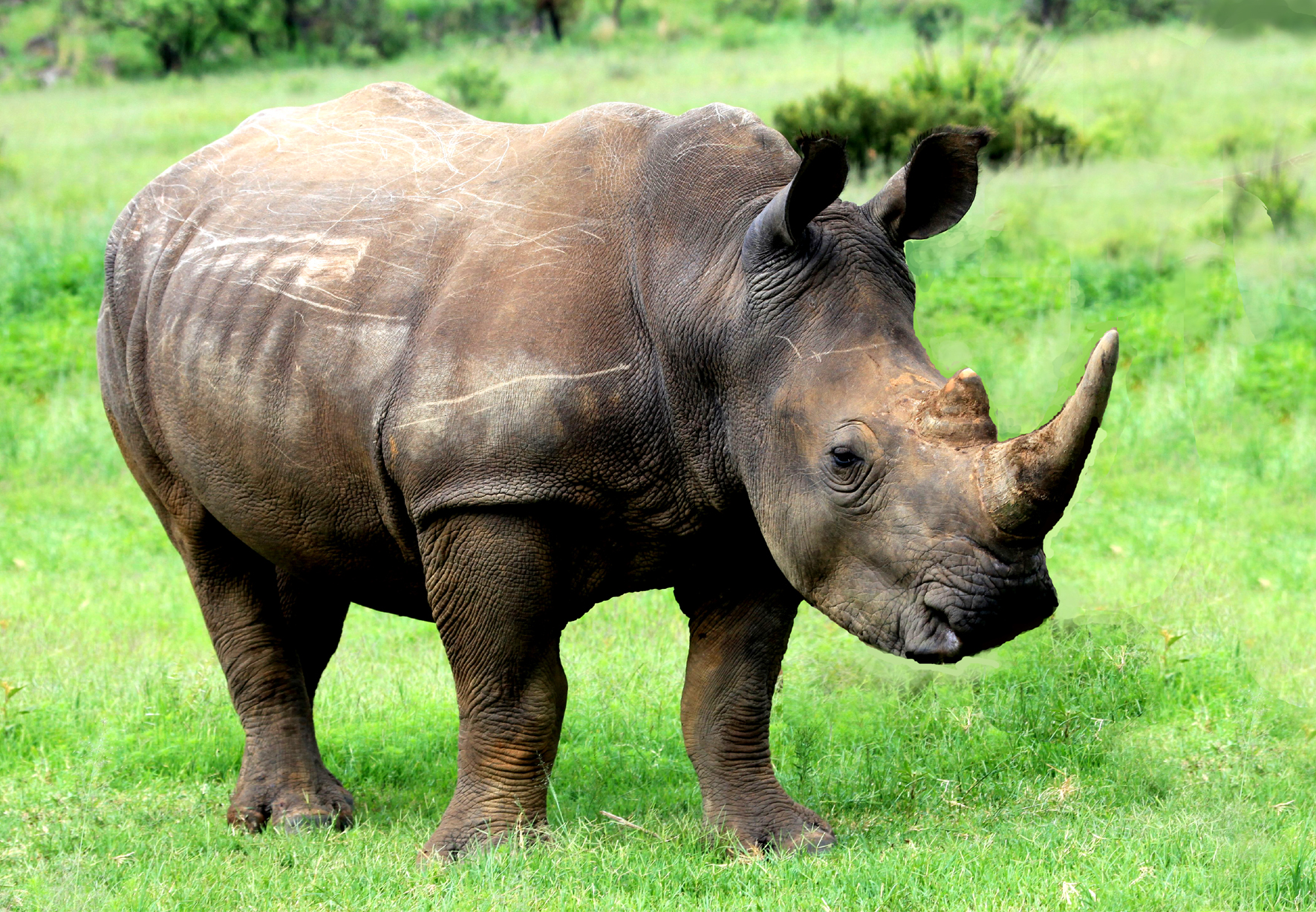
Sep 19, 2022 | Position papers
WESSA has praised the proposed White Paper on the Conservation and Sustainable Use of South Africa’s Biodiversity. To read our submission of comments, amendment suggestions and concerns with this proposed legislation, please see LINK.
View Here
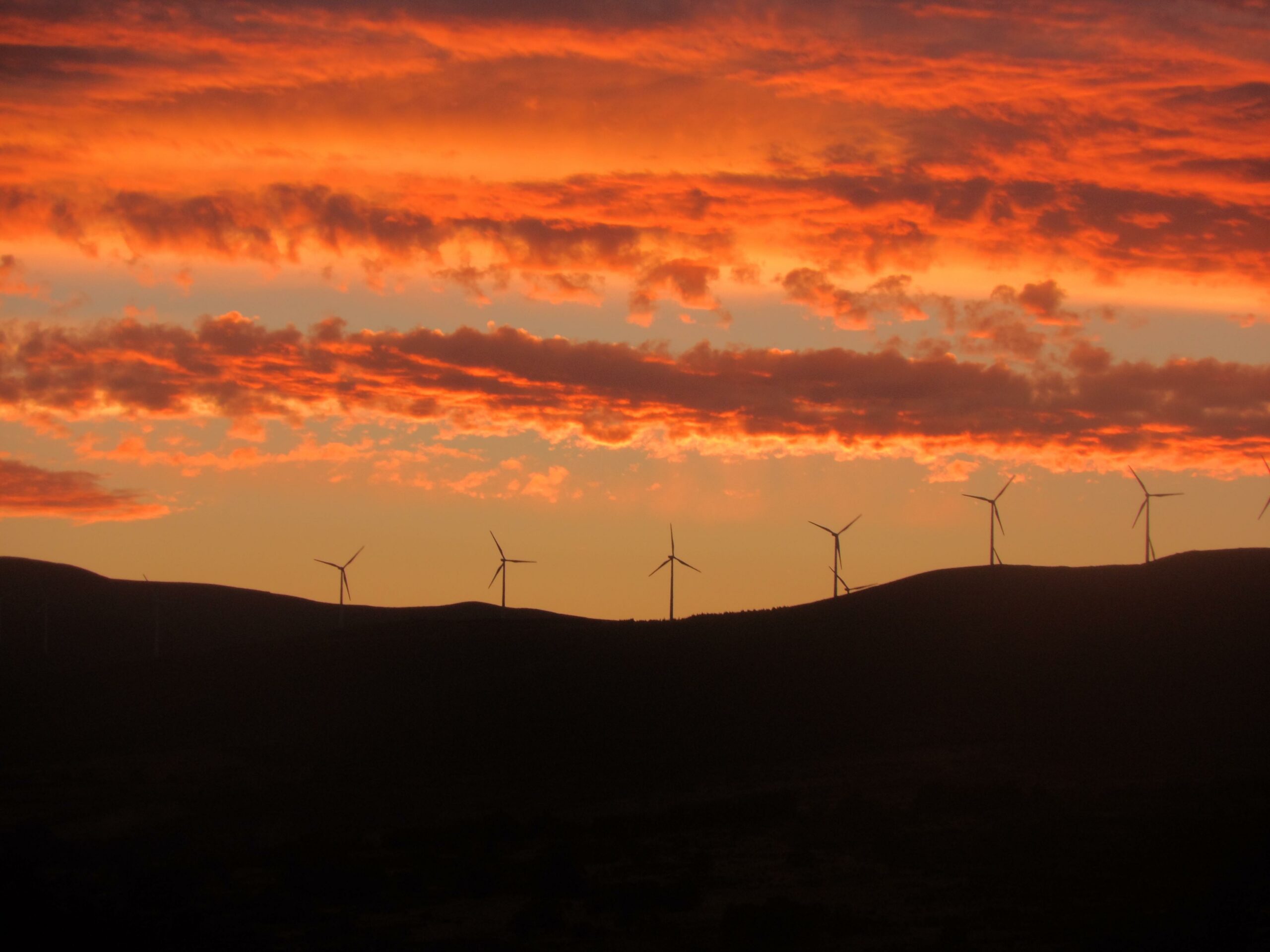
Nov 24, 2021 | Position papers
The editor
Fin 24
Sir/Madam
WESSA understands the concerns that many people currently working in the coal, oil and gas sectors might have when there is talk of changing to a more renewable energy-based economy.
Employees around the world are dealing with this too as “decarbonising” becomes more urgent to avoid the worst impacts of climate change and deal with new global trading conditions. South Africa has good solar and wind resources and these will not run out as coal, gas and oil do.
Though they do not need to be mined they will provide many jobs at various skill levels and these will be distributed more evenly around the country than the coal mines and power stations of Mpumalanga and Limpopo. This should allow for a more widely resourced electricity grid with the opportunity for community co-ownership of new installations.
Eventually all electricity and energy for transport will have to come from the sun, wind and a few other sources like tidal flows and waves. This means lots of development of new infrastructure and much less pollution of air, soil and water. South Africa is Africa’s biggest carbon emissions polluter at the moment but we could change that round to being one of the main producers of clean energy.
Unfortunately, if we do not take climate change and its impacts seriously we won’t have good reason to expect large loss and damage pay-outs from Western and Northern polluters. South Africa, already an arid country with a long coastline, is especially vulnerable to drought, crop failure, wildfires, flash floods and storm surges which can further undermine an already struggling economy.
Like the oil industry in other parts of the world South Africa has also started exploring non-conventional sources of fossil fuels such as off-shore gas and oil and hydraulic fracturing (fracking) for gas in places like the Karoo. There have even been proposals to mine coal in protected areas or right next to communities. Such activities are not sustainable as they disrupt or pollute, water supply, reduce biodiversity and negatively impact livelihoods like fishing as well as human health.
A just transition should mean a steady moving away from coal and other fossil fuels as old mines and power stations close giving workers a chance to learn new skills and do more interesting and cleaner work. Humans have had to make this sort of change for thousands of years as new technologies develop. It’s our turn now and we can do it.
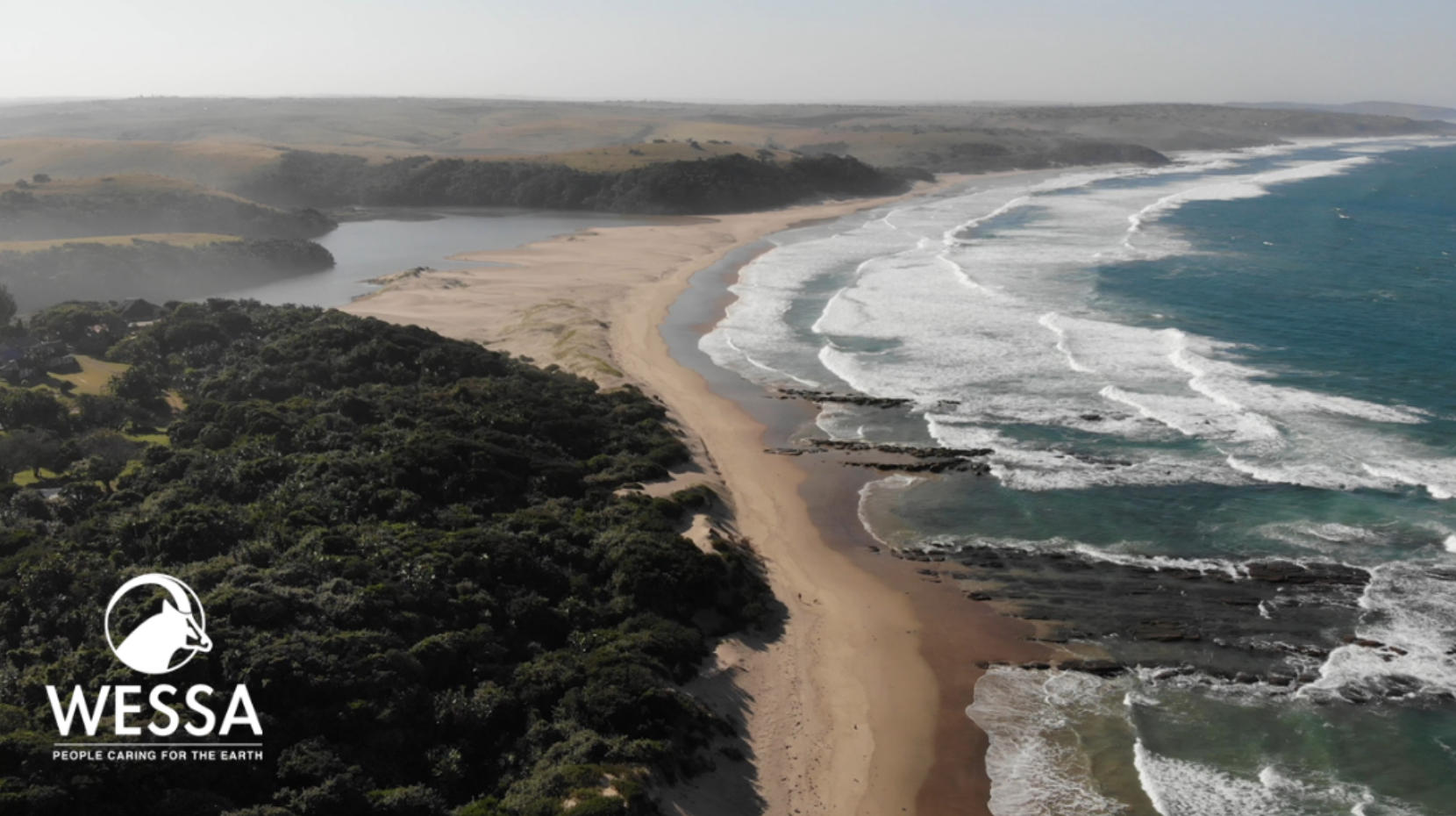
Nov 23, 2021 | Position papers
South Africa as a signatory to the Paris Climate Agreement, COP26, and as a member of the International Union for the Conservation of Nature [IUCN] has aligned and committed to divestment in fossil fuels and a just energy transition to renewable energies and lower carbon emissions. Operation Phakisa’s gas and oil exploration and extraction are contrary to the Paris Agreement in that the oil extraction targets, if realised, will dramatically increase emissions; and the IUCN Resolution 5.079 urging all State Members of the IUCN to facilitate the adoption of the precautionary principle with respect to deep-sea mining and to support and implement a moratorium on deep seabed mining.
WESSA is unreservedly opposed to the 3D seismic surveys for oil and gas in the Indian Ocean coastal waters off the Wild Coast region of the Eastern Cape, and elsewhere off the coast of South Africa. Seismic surveys are high energy, low frequency, consistent impulse signals delivered through airgun blasts over extended periods into the marine environment. They disrupt and potentially destroy healthy marine ecosystems.
Seismic activity impacts marine species in a variety of ways that jeopardise their survival. Noise pollution and shock waves lead to stress, disorientation, embolisms and tissue damage, larvae deformity and species displacement. These have been recorded across all levels of the marine ecosystem. 1-4 While some attention, albeit inadequate, has been paid to whales and dolphins, an ecosystems approach to the protection of our marine resources has not been properly adopted.
For example, zooplankton is critical to both the health and the productivity of our marine ecosystems. McCauley et al, “Nature Ecology and Evolution” (June 2017) highlights that a negative, two to threefold increase in dead adult and larval zooplankton, was found up to 1,2km away and not, as previously assumed, restricted to an impact range of 10m.
Cognisant of the fact that new scientific research on the impacts of seismic activity on marine ecosystems points to risks far beyond those considered in the approval of the current seismic survey permits, WESSA demands that South Africa comply with the Sustainable Development Goals (SDGs), to which it is signatory, especially goal 14 on Life Below water which is explicit about impacts of seismic exploration noise and apply the precautionary principle by refusing to permit any and all seismic surveys with immediate effect in order to avoid unacceptable ecological degradation of our offshore coastal resources.
1. Pearson, W. H., Skalski, J. R. & Malme, C. I. Effects of sounds from a geophysical survey device on behaviour of captive rockfish (Sebastes spp.). Can. J. Fish. Aquat. Sci. 49, 1343–1356 (1992)
2. Fewtrell, J. L. & McCauley, R. D. Impact of airgun noise on the behaviour of marine fish and squid. Mar. Pollut. Bull. 64, 984–993 (2012).
3. McCauley, R. D., Fewtrell, J. & Popper, A. N. High intensity anthropogenic sound damages fish ears. J. Acoust. Soc. Am. 113, 638–642 (2003).
4. Kostyuchenko, L. P. Effects of elastic waves generated in marine seismic prospecting on fish eggs in the Black Sea. Hydrobiol. J. 9, 45–48 (1971)
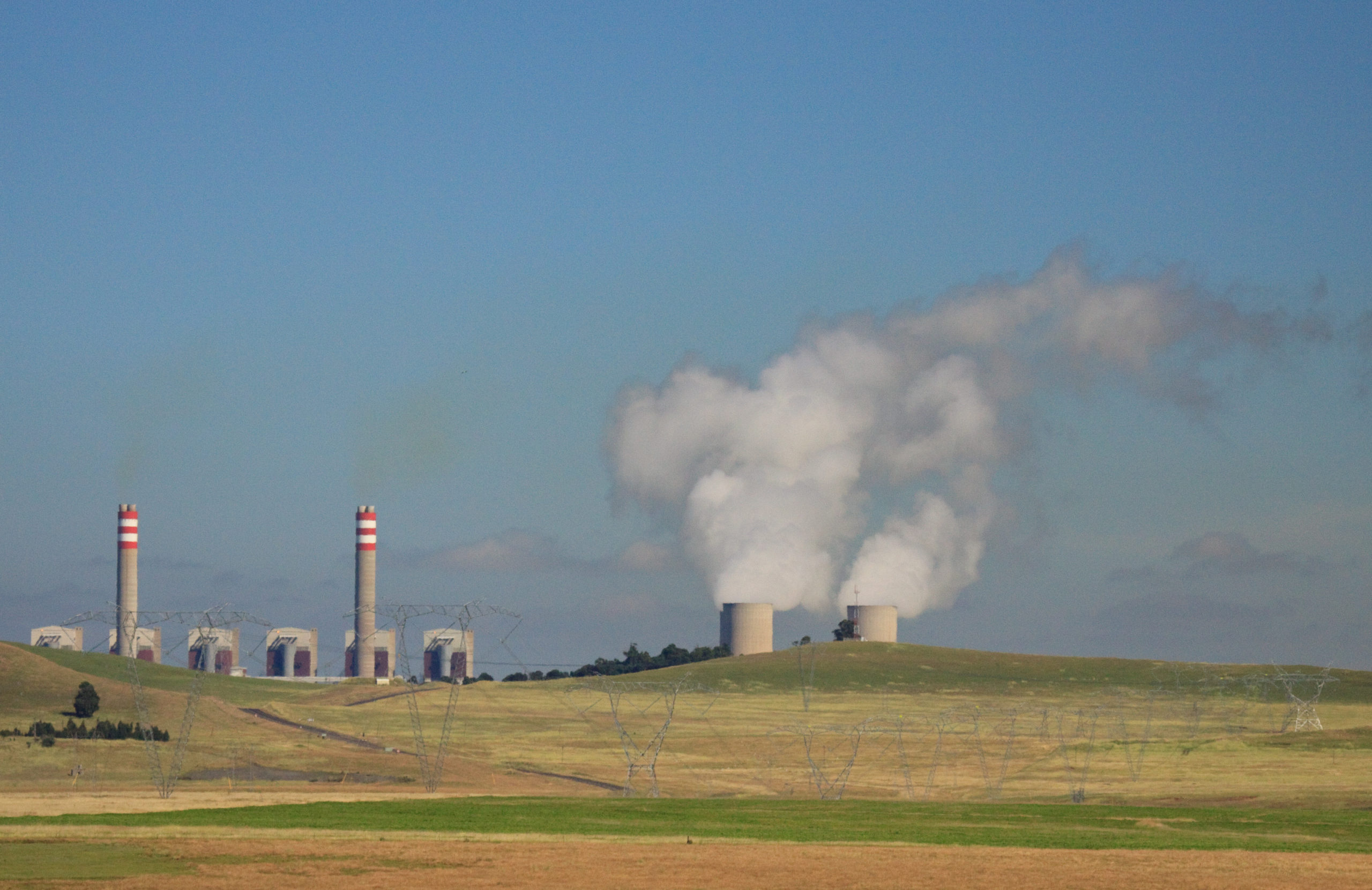
Sep 28, 2021 | Position papers
WESSA as a partner in the Climate Justice Coalition, will be joining the mobilisation during the week of the 22nd of September 2021 in actions taking place across the country under the banner of cUprootTheDMRE. We do so because the Department of Mineral Resources and Energy (DMRE) under the leadership of Minister Gwede Mantashe, has been a major obstacle to progress on a just energy and mining future.
We are facing interconnected social, economic and ecological crises, which require us to transform our archaic and harmful energy and mining sector to ensure a more socially, economically and ecologically just future. The Business-as-usual approach of the minister and department is out of synch with the global trends that generally show more awareness of and compliance with the letter and spirit of the 2015 Paris agreement.
We need genuine transformative action now, not the slew of new gas, oil and coal related exploration and implementation projects such as the Karpower ships, Limpopo SEZ, and Gazania1. Furthermore, over-eager granting of mineral exploration and mining rights in or near sensitive coastal and protected areas is causing great social and biophysical damage that cannot be aligned with South Africa’s commitment to the Sustainable Development Goals.
We urge the DMRE and minister to take this national call from civil society seriously and to act purposefully in changing for the better our unenviable status as the most carbon-intensive and inefficient energy sector of all G20 countries. This will entail an absolute decline in our emission trajectory before 2025 to achieve below 300 MtCO2e by 2030. By acting boldly and appropriately many thousands of diverse new job opportunities around the country will be created.
For more information contact:
Patrick Dowling – Chair of the WESSA Environmental Governance Committee
084 966 1249
communications@wessa.co.za
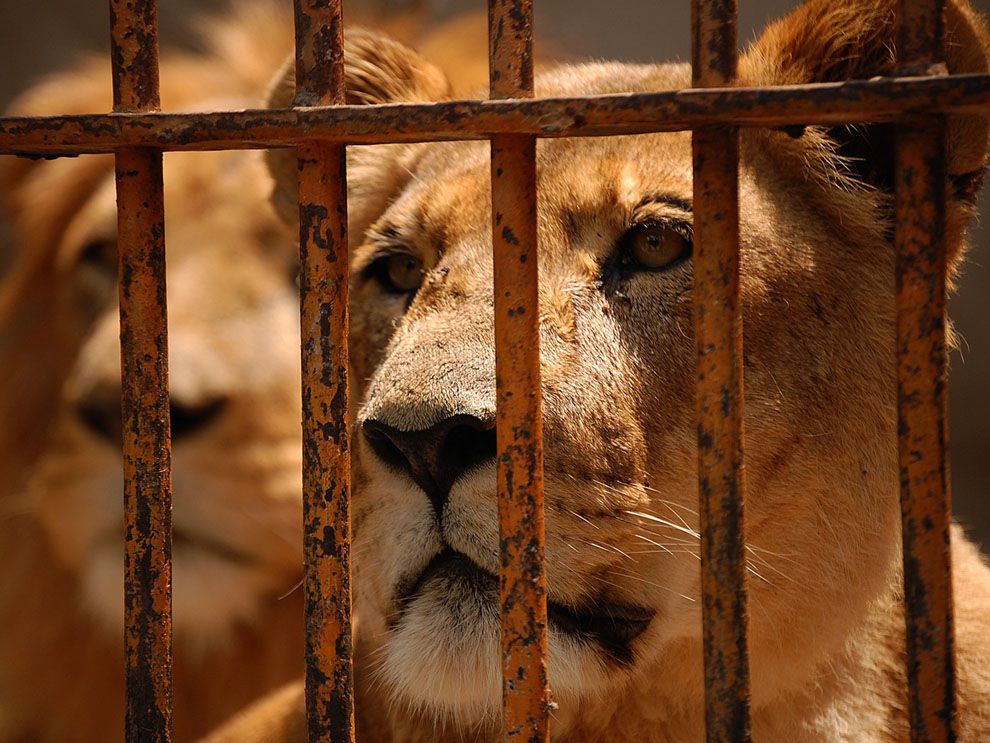
May 7, 2021 | Position papers
We welcome the decisive action taken by the Minister to end the captive lion breeding industry and restoring South Africa’s key role in conserving critical species. That the panels’ report is a significant step in creating a common vision for the region and in developing a “Policy on Biodiversity Conservation and Sustainable use and adopting a One Welfare approach for wildlife.”
At this time in South Africa’s history when biodiversity, including, but not limited to the species mentioned, is under considerable threat it is fitting that a troubling situation is getting such high-level attention.
We look forward to contributing to a draft White Paper on Biodiversity Conservation and Sustainable Use and hope that many of those involved in ethically sustainable wildlife and habitat conservation efforts will bring their expertise and experiences to this process so that learning can be shared and good practices both strengthened and replicated.
A comprehensive, science-based census of key endangered species would be a good place to start such a process.
For more information please contact:
Patrick Dowling – Chair of the WESSA Environmental Governance Committee
033 3303931
communications@wessa.co.za
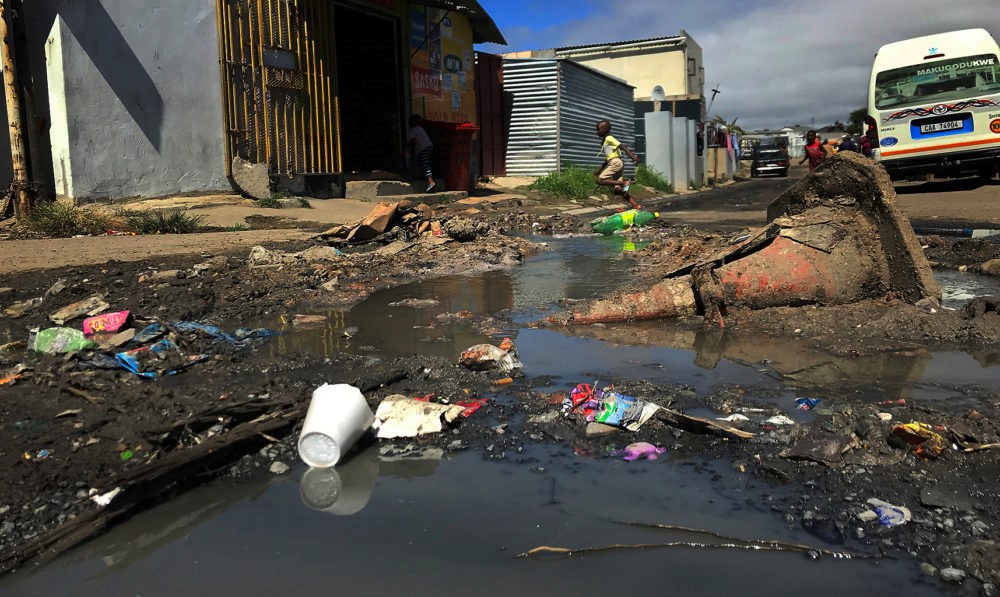
May 7, 2021 | Position papers
Dear Minister Lindiwe Sisulu,
Rivers of Sewage
Water is life, and South Africa does not have enough of it. Our water scarcity, currently acutely experienced in many parts of the country but particularly the Eastern Cape, is projected to become more serious in the future. Recently the Daily Maverick published an article entitled South Africa’s Rivers of Sewage. The gist of the article is that three-quarters of the 910 municipal-run waste-water treatment plants in the country are achieving less than 50 percent compliance with effluent standards. In most parts of the country inadequately treated sewage (if it is treated at all) is flowing directly into rivers and streams. Many purification works for providing drinking water are not designed to deal with water that is so contaminated, not to mention the adverse impact on agriculture and biodiversity that rely on this water. The situation is inconsistent with the Constitution, particularly section 24 (everyone’s right to an environment that is not harmful to health and well-being) and s 27 (right of access to water) and demands action.
This is not information that has suddenly emerged – there are numerous media articles going back almost a decade that have dealt with this. Moreover, the Department’s Green Drop Reports, first published in 2009, painted such a dismal picture that they were discontinued in 2013. The problems will take an enormous amount of money to fix and even with the necessary political will, it is clear that there is not and nor will there be sufficient resources to fix the problem at local government level. Section 3 of the National Water Act 36 of 1998 places the responsibility for conserving South Africa’s water resources on national government, through the Minister responsible for Water Affairs. The Minister and national government have palpably failed in meeting this responsibility, as identified by experts in the field. WESSA requests national government – because this is something that needs to be confronted at national level – to explain to the country what it intends to do to address this problem. It needs to address the apparent cooperative governance problems (that are based on misinterpretations of the law) and confront the crisis head on, before it is too late. It may already be.
Yours sincerely,
The WESSA Environmental Governance Committee
033 3303931
info@wessa.co.za

